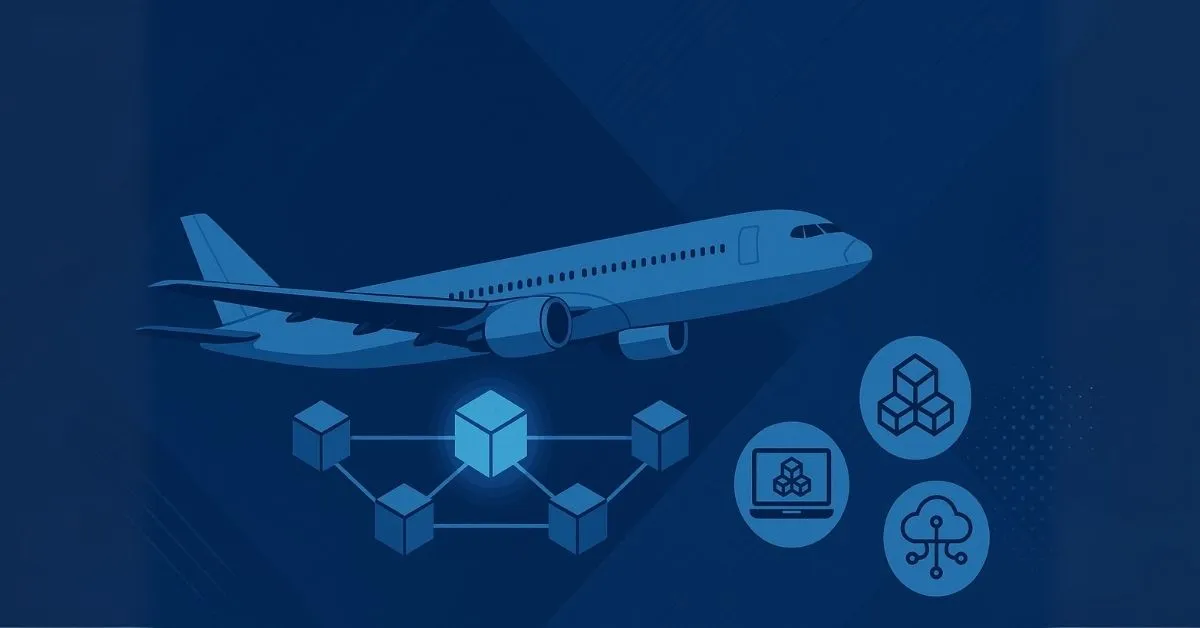
Korean Air Joins Wingbits In Blockchain Crypto Deal
Wingbits and Korean air partnership announcement
On September 23, 2025, Wingbits, a decentralized physical infrastructure (DePIN) startup headquartered in Stockholm, announced a partnership with Korean Air. This deal represents a groundbreaking step for the company, as Korean Air becomes its first major airline partner.
The collaboration will allow Korean Air to access real-time ADS-B flight tracking data through Wingbits’ decentralized network. Korean Air’s R&D team will integrate this data into its ACROSS air traffic coordination platform, enhancing flight safety and system testing.
What is Wingbits?
Wingbits is a blockchain-powered DePIN platform specializing in aviation data.
• It builds a global network of ADS-B receivers—devices that capture flight signals from aircraft.
• These receivers are secured with cryptographic protocols to prevent manipulation or data tampering.
• Contributors who host receivers earn token rewards, incentivizing community participation.
This structure improves data reliability, increases coverage density, and creates a trustless, decentralized infrastructure for real-time flight monitoring.
Why Korean air is interested
Korean Air is one of the world’s leading airlines, with operations spanning passenger, cargo, and R&D divisions. The airline is actively researching advanced air mobility (AAM), including:
• Cargo drones for logistics and supply chain optimization.
• eVTOL air taxis for urban passenger transport.
• Autonomous flight systems that require secure, real-time traffic data.
By partnering with Wingbits, Korean Air can test these technologies with accurate and tamper-proof flight tracking data, preparing for a future where urban skies are crowded with multiple types of aircraft.
Funding and industry backing
Earlier in 2025, Wingbits raised $5.6 million in funding, led by Bullish Capital.
This investment was aimed at:
• Expanding its global network of ADS-B receivers.
• Developing stronger R&D partnerships with airlines and aviation authorities.
• Building the foundation for blockchain-integrated flight data infrastructure.
Co-founder Robin Wingårdh emphasized that most existing networks operate for free without incentives. As a result, contributors lack motivation and networks fail to achieve complete coverage. Wingbits solves this gap with its tokenized reward system.
The bigger picture: Blockchain in aviation
The partnership signals a broader trend: airlines and aviation regulators are exploring blockchain-based infrastructure for critical data systems.
• Transparency: Blockchain ensures data cannot be altered or manipulated.
• Incentives: Contributors are rewarded, ensuring long-term sustainability.
• Scalability: A decentralized model can grow faster than centralized solutions.
Wingbits positions itself at the intersection of aviation, blockchain, and urban mobility, aiming to be a backbone provider for future smart skies.
Why this deal matters
For Wingbits, this is not just another partnership it is a milestone proving its technology is enterprise-ready.
For Korean Air, it is a strategic investment in the future of aviation, where cargo drones, air taxis, and traditional aircraft will all share the same airspace.
The collaboration underscores how decentralized data networks are evolving from experiments into core infrastructure for global industries.
Disclaimer: This article is intended solely to provide information and market insights at the time of publication. We make no promises or guarantees regarding performance, returns, or the absolute accuracy of the data. All investment decisions are the sole responsibility of the reader.